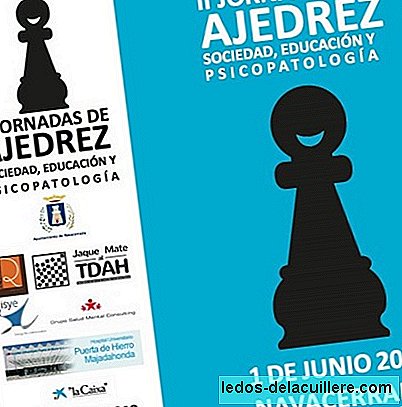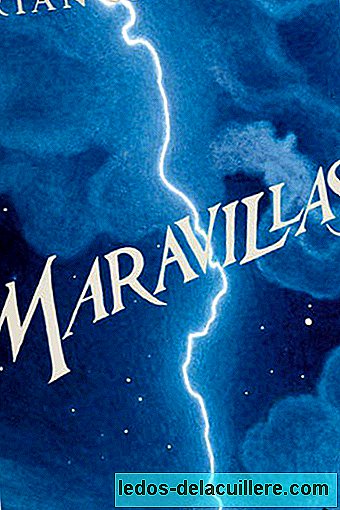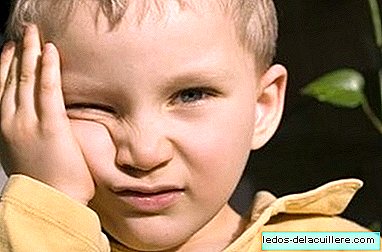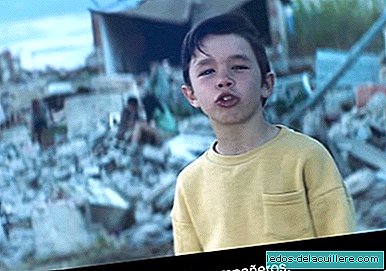
I have attended the II Conference of Chess, society, education and psychopathology in Navacerrada to check the state of the art of this great sport in Spain and know the future. And they are already beginning important initiatives in many Autonomous Communities led by people who understand and bet on the opportunities offered by chess regarding, and is not the only one, to improve the reading and mathematical understanding of children since childhood.
The day was led by Dr. Hilario Blasco which has consolidated the days that began in 2012 and opted to continue growing and expanding the initiative in successive years. The conference talked about ADHD, about therapeutic uses of chess, how it affects practicing children in Asperger's Syndrome and especially, and that is where I want to focus. how chess is lived in the classroom. The conference was intended for doctors, psychiatrists, psychologists, teachers and in general all chess fans.
Among the speakers I want to highlight, in addition to Leontxo García, who took the opportunity to remember Buitrago's next call, were Mario Orta from the Chess Club of Collado-Villalba, Agustín Prieto, from Antonio Robinet College in Cantabria and Elena Chamber, Inspector of Education in Cantabria.
Mario Ortastressed that chess is discipline, concentration and self-control and he explained them contextualized with a game of chess. So the discipline It is necessary to face the board, the rival player, know the pieces and start moving. The concentration It is the one that the player has to develop when he is aware that he does not know what else to do once he has learned the basic technique. If a player wants to win (or know how to lose) he has to learn to concentrate, learn to know himself and examine the opponent. And with self-control it is possible to reach the end of the game without hurry, without anticipating, without making mistakes and respecting the rival. And with these very basic elements (!) I think that Mario, at least he transmitted it to me like this, explained that it is possible to get children to develop, learn, have criteria to face future challenges, develop skills to know their limitations and Learn to solve them. I loved his conference because More than chess, I was talking about what it means for a child to face adult life. And with chess learning, at least, I would have plenty of tools to do it.
Agustín Prieto work in the Antonio Robinet College in Cantabria, he has been a teacher of extracurricular chess for many years and explained how chess helps students and especially indicated the case of a student diagnosed with ADHD to whom the game allows him to maintain an order and discipline that he does not have in other classes.
And the most interesting talk, because of its future and educational commitment, was that of Elena Cámara, Inspector of Education in Cantabria, which began by saying that Leontxo García is to blame for everything because he taught him the possibilities that chess had as a learning tool. Elena explained that of the 385,000 students of the Cantabrian Community, 867 students have a behavior disorder, 600 are diagnosed with ADHD and many more figures. And, although she indicated that they were very low percentages, putting them in context could mean having an institute or a center for children and primary school full of students with this type of diagnosis. So his job has been to make a voluntary call, which has just been closed, to develop plans to include chess in schools. In the end, 24 proposals have been received and the challenge is for the 2013-2013 academic year to begin the project of which he said he expected it to be a success, and in which they will have to bet on working in teacher training, in having tools for disseminating the project and especially in monitoring the results.
And finally Leontxo García, journalist, popularizer, chess player and scholar, indicated that chess in the classroom seems to be staying and that it is very likely that Chess is included in the LOMCE programming, also called Wert Law. The challenge is to get it approve by consensus the proposal among all political parties in Congress.
Congratulations to the Navacerrada City Council for the initiative and we wish you lots of encouragement for more calls. The speakers were magnificent and showed that with passion, work and effort great achievements can be achieved including chess within educational programs. Much emphasis was made, especially Leontxo, that chess should be considered at these ages as a tool for learning and never as a model for creating champions. Therefore, the Hindu proverb that Leontxo uses to close the talk is very significant: "chess is a sea where a mosquito drinks and an elephant bathes."












